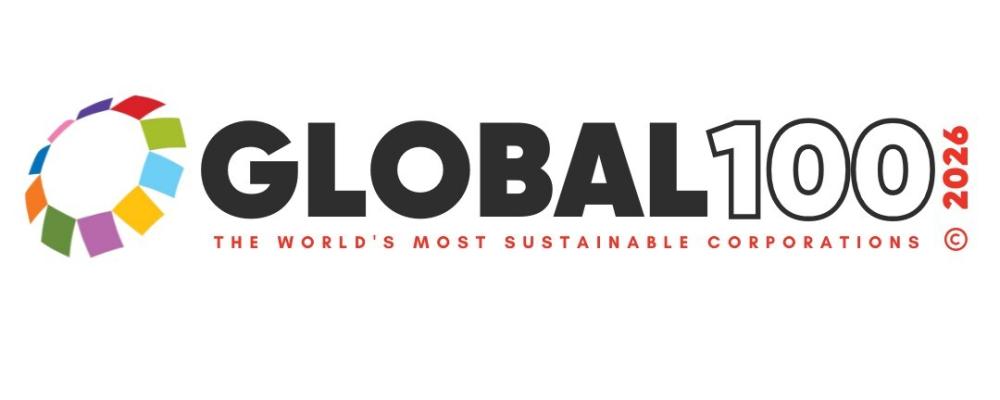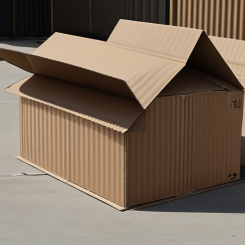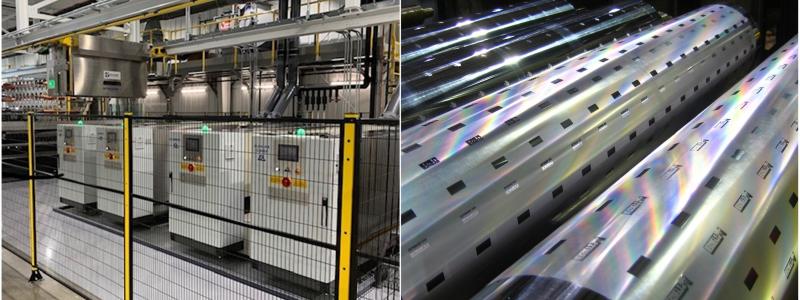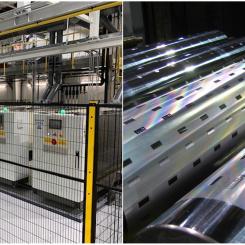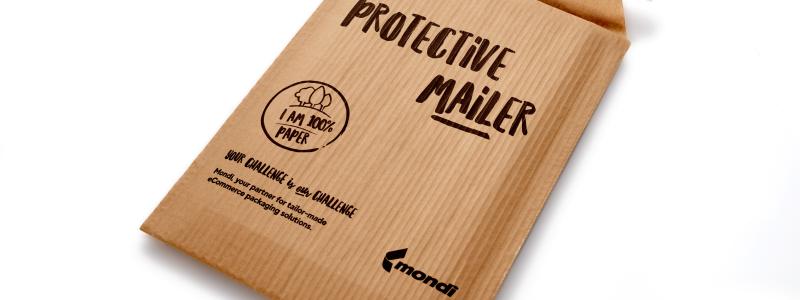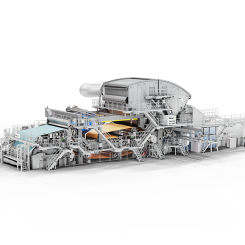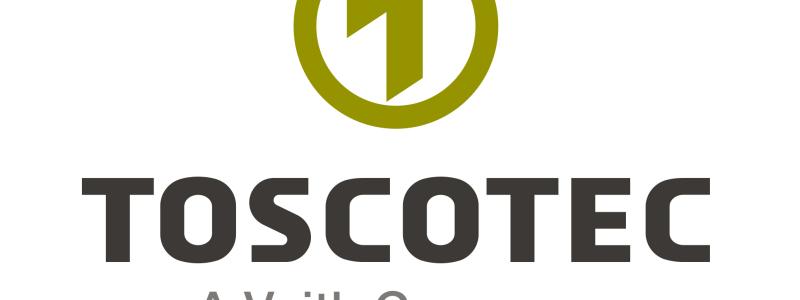The EU Commission has recently presented a proposal to simplify the EU Deforestation Regulation (EUDR) in order to reduce the obligations for operators and traders, especially for small and micro companies from low-risk countries as well as reducing the volume of date reported into the IT system.
The so called “targeted solutions” will make sure that the IT system is fully operational to address the EU's contribution to the global challenge of deforestation. At the same time, the proposal will simplify reporting obligations, notably for micro and small primary operators from low risk countries worldwide, while maintaining a robust tracking mechanism.
The EUDR is a key initiative to fight deforestation. The Commission is committed to pursuing its objectives.
Key measures
Taking into account feedback from stakeholders in the context of the Commission's simplification efforts throughout the year, the Commission proposal introduces targeted simplifications to reduce obligations for:
- Operators and traders that commercialise the relevant EUDR products once they have been placed on the EU market. These can be, for example, retailers or large EU manufacturing companies. These companies are in the downstream part of the relevant value chains. The upstream operator will continue to exercise due diligence.
- Micro and small primary operators from low-risk countries worldwide who sell their goods directly on the European market. These cover close to 100% of farmers and foresters in the EU.
To allow for a more efficient use of the IT system, the Commission proposes that downstream operators and traders should no longer be obliged to submit due diligence statements. With this streamlining, only one submission in the EUDR IT system at the entry point in the market will be required for the entire supply chain. The reporting obligations and the responsibility would be focused on the operators placing first the products on the market. For example, cocoa beans would need only one due diligence statement to be submitted by the importer placing them on the EU market, but downstream manufacturers of chocolate products will not be required to submit a new due diligence statement in the IT system.
"This approach provides certainty and stability, streamlining the tracking process for micro and small producers who, while individually posing little risk, collectively provide critical data for maintaining overall traceability. We offer a clear implementation schedule that ensures the regulation will take effect seamlessly starting end of this year, allowing large operators to progressively adapt while giving micro and small producers more time to adjust", says Teresa Ribera, Executive Vice-President for Clean, Just and Competitive Transition, in a press statement.


